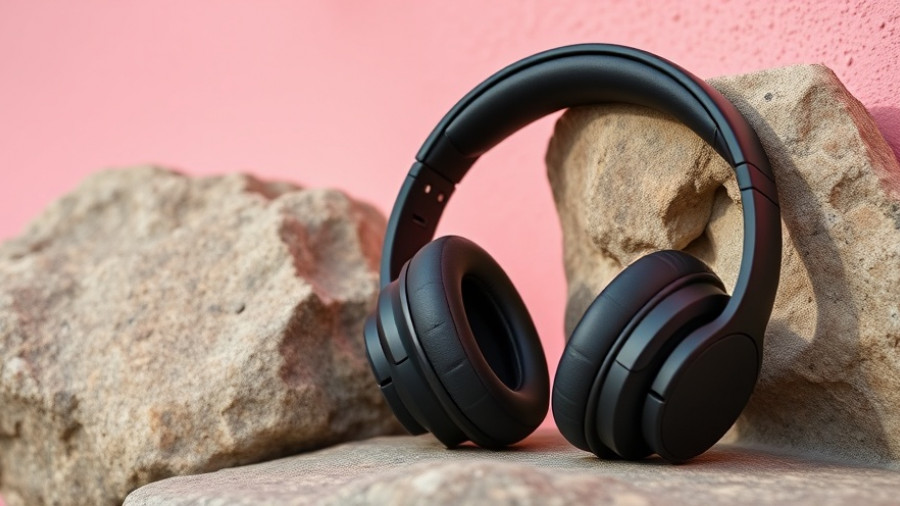
Bragg Gaming Group Faces Cyberattack: A Warning Signal for the iGaming Industry
In a world increasingly reliant on technology, cybersecurity breaches are becoming more common, and the recent incident at Bragg Gaming Group serves as a crucial reminder of these threats. On August 16, the Canadian gaming software provider announced it had suffered a cyberattack. While the company claimed that no personal data was stolen and operations remained unaffected, the incident raises important questions about cybersecurity in the gaming sector.
Understanding the Impact of Cybersecurity Incidents
Bragg Gaming is a Business-to-Business (B2B) provider, supplying various online gambling operators with software and backend platforms. The company's rapid growth—showing a 37% compound annual growth rate (CAGR) from 2019 to 2023—highlights its success in the expanding iGaming market. However, challenges loom large as cyber threats become increasingly sophisticated.
The incident was initially described as a "cybersecurity incident" rather than a full-scale data breach, with third-party experts quickly deployed to assess the damage. This quick response may illustrate a growing awareness within companies about the urgency of cyber preparedness. However, experts warn that even perceived minor attacks can signal larger trends in the gaming industry, where data is both a commodity and a target.
The Broader Picture: Increased Cyber Threats in Gaming
Bragg Gaming is not alone—companies like Ainsworth Game Technology and International Game Technology have also reported disruptions recently. This pattern suggests a broader issue within the iGaming sector, where lucrative gains attract malicious actors eager for a payday. The sector’s projected economic footprint of around $40 billion by 2028 only heightens the stakes for cybersecurity.
Experts argue that gaming companies must bolster their cybersecurity measures to offset these risks. Investing in stronger defenses, conducting regular audits, and training personnel on cyber hygiene could fortify these systems against potential breaches.
Taking Action: What the Industry Should Consider
In light of the Bragg incident, there are critical steps the gaming industry should consider. First and foremost, establishing a proactive rather than reactive cybersecurity strategy is essential. Engaging with cybersecurity consultants to perform risk assessments and implementing strict data management protocols can significantly mitigate risks.
Furthermore, fostering a culture of security awareness among employees could prevent potential vulnerabilities. Cybersecurity is only as strong as the weakest link in the chain; therefore, empowering every employee with knowledge about threats can enhance defense strategies.
Future Predictions: Preparing for a Complex Landscape
As the iGaming industry expands, so will the complexity and sophistication of cyber threats. Industry leaders like Bragg must be vigilant and prepared for the evolving landscape. With an estimated market growth on the horizon, recognizing that securing operations is as crucial as providing an engaging gaming experience will be imperative.
Future trends may include increased regulatory scrutiny surrounding data protection. Just as compliance has become a non-negotiable aspect of modern business, so too should cybersecurity defenses.
The Bragg Gaming Group incident may have been contained with little disruption but serves as a critical reminder for the entire gaming industry about the importance of fortifying cyber defenses. Not just for protecting data, but for preserving trust in an industry where integrity is paramount.
 Add Row
Add Row  Add
Add 




Write A Comment